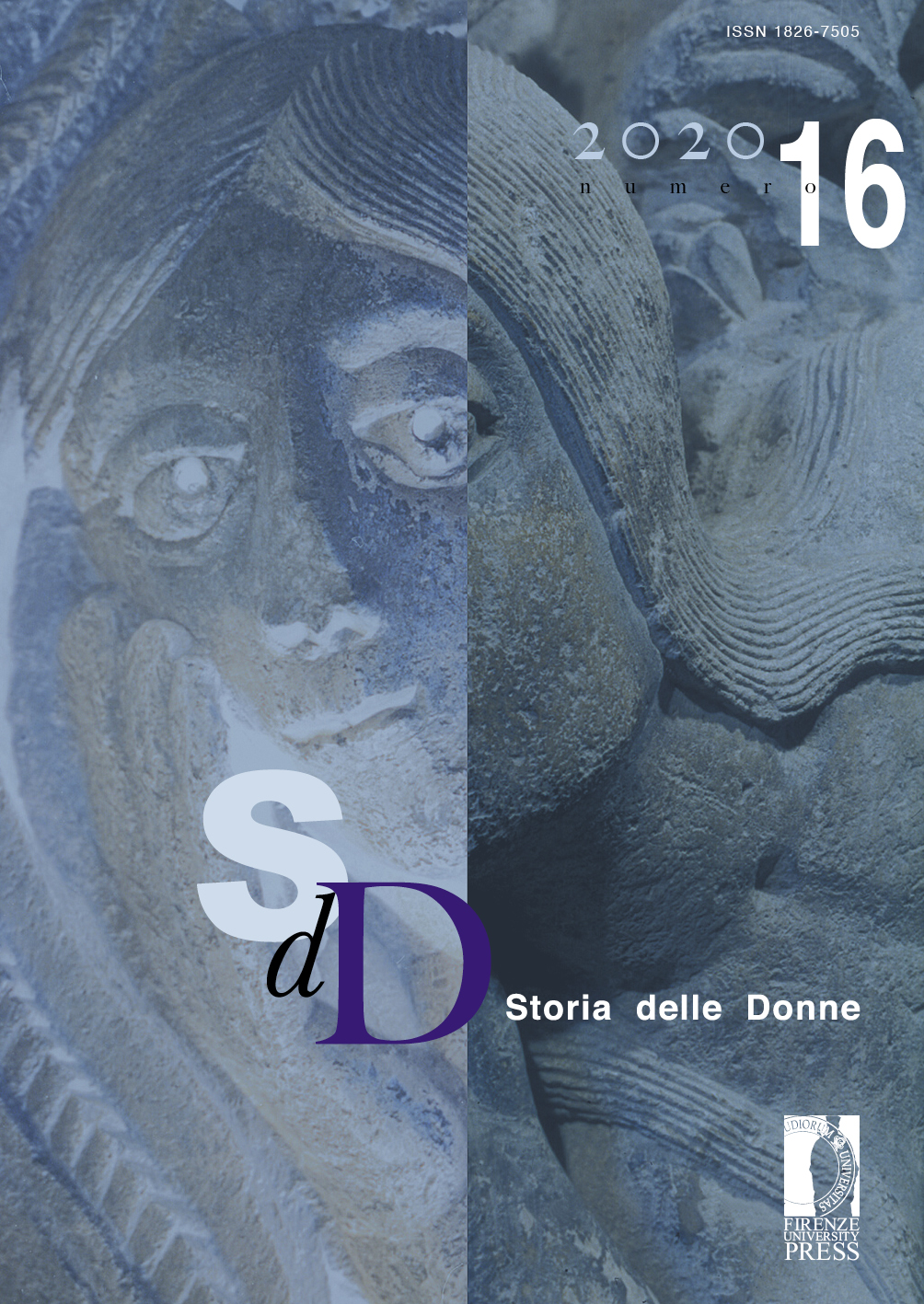«Sei troppo effemminato. / Di femmina son nato». Infrazione di codici e fluidità di genere in alcuni libretti d’opera del Seicento veneziano
Pubblicato 2021-07-07
Parole chiave
- censorship,
- cross-dressing,
- effeminacy,
- opera,
- theatre
Come citare
Abstract
The fear that man, subjected to practices considered emasculating, could “regress” to the female state was culturally central in the early modern definition of the man-woman polarity. In this context, effeminacy was used as a stigma against practices to be banned or controlled and was among the main accusations raised by the religious controversy against the emerging professional theatre. Through the close reading of some librettos produced in Venice between 1641 and 1668, the essay aims to show how the authors appropriated some tòpoi of the antitheatrical controversy, building an artistic acrobatics in which love was seen as a “disease” capable of removing the hero’s virility and was observed within a practice (theatre, and especially opera) which was itself considered effeminate and emasculating. The essay revolves around a progressive intensification of ambiguities, transvestitisms and allusions, showing how the librettists of Venetian opera also attempted an investigation of gender codes at the textual level and pushed themselves to the limit beyond which the mechanism of censorship inevitably triggered.


